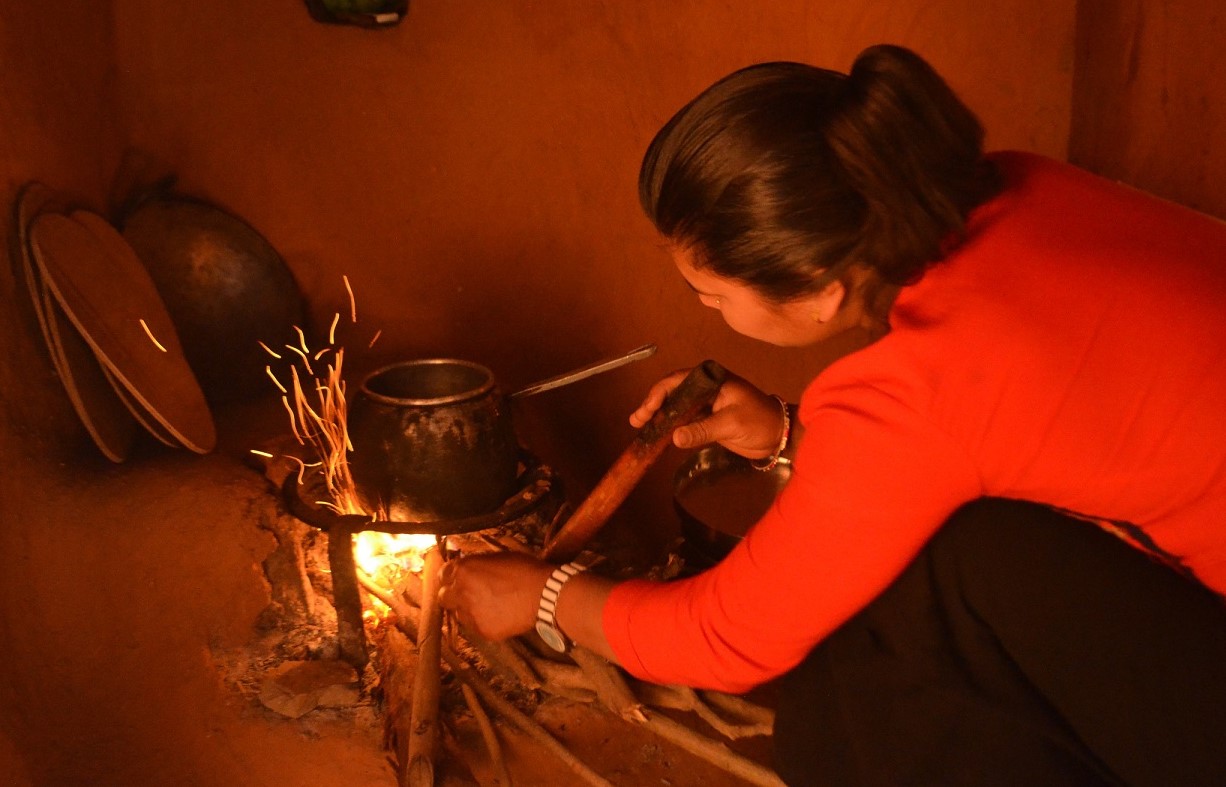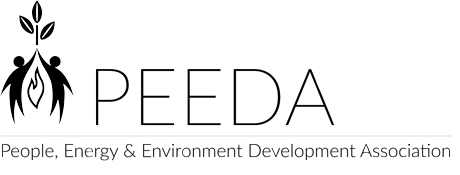Assessing electric cooking potential in micro hydropower microgrids in Nepal

Access to clean cooking energy is a problem in Nepal especially for women because they are usually responsible for cooking. Improving women’s time constraint through better infrastructure and technology is one of the priorities to enhance gender equality. Modern cooking stoves and fuels (LPG and electric cookers) can save women’s time and greatly reduce family members health risks. Furthermore, there are more than 3,000 rural communities in Nepal, providing electricity through micro-hydropower (MHP) systems and providing power supply throughout the day and night, making it an ideal candidate to explore electric cooking. Thus, this ” Assessing electric cooking potential in micro-hydropower microgrids in Nepal” project will address the challenge of enabling widespread adoption of electric cooking in Nepali MHP microgrids. In addition, this project outcomes will deliver an improved method to evaluate Nepali cooking practice, providing data and methods to analyse how to utilise storage on MHP microgrids.
